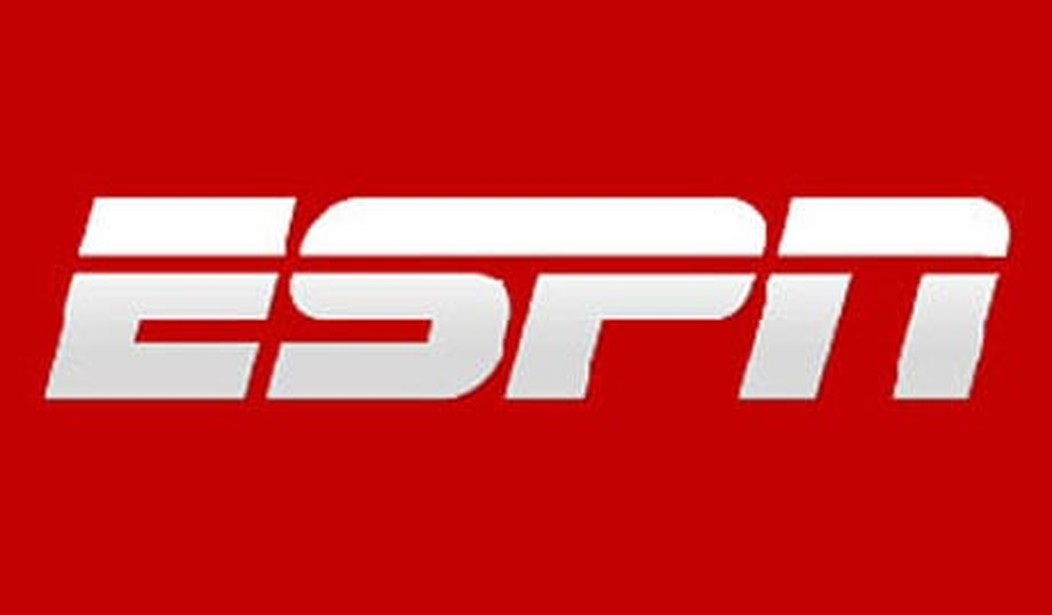Thanksgiving weekend is a traditional “rivalry weekend” in college football with some of the best match-ups of the year on TV. College basketball is also on all the sports channels with holiday tournaments galore.
Pro football and basketball, hockey, pro soccer — a perfect weekend for the sports fan to gorge on turkey and gorge on sports.
But the acknowledged leader among sports networks has very little to be thankful for. ESPN parent Disney announced a decline of another two million viewers, down to 86 million from 100 million subscribers in 2011.
Now the positive for ESPN is that the rate of subscriber decline seems to have slowed this year, but the negative is that since 2011 ESPN has now lost 15 million cable and satellite subscribers. Those 15 million lost subscribers equate to $1.44 billion a year in lost yearly revenue that ESPN will never be able to book. (This is based on an $8 a month subscriber cost for ESPN multiplied by 12 months in the year.) Again, this isn’t just a one time yearly revenue loss, this is a loss in yearly revenue forever.
Now every cable and satellite channel is losing subscribers — as dumb Twitter users who don’t read this article will immediately respond in my mentions — but the impact disproportionately impacts ESPN for two reasons: 1. the network makes far more in revenue off the cable bundle than any other channel so it stands to lose, by far, the most off the collapsing business model and 2. the network has guaranteed tens of billions in sports rights fee payments over the next decade and more to sports leagues.
Where does that money in guaranteed payments come from?
You and me who are paying our cable and satellite bills.
So unlike, for instance, CNN, which can simply cut back on costs for programming in the event revenues aren’t meeting projections, ESPN purchased much of its sports rights years ago before the full impact of cord cutting had become apparent to their executives. (The Wall Street Journal referred to these ESPN executives, who denied the impact of cord cutting, as “flat earthers” in a recent article).
“Cord cutting” is almost certainly a major cause of the decline, but the issue of declining ratings of those who still pay for cable or satellite is more problematic. The question becomes, can ESPN survive using their present business model?
There’s just no way ESPN can afford to pay what they pay now for the NFL. But I also don’t see any way ESPN can’t do it, which makes this an intractable mess.
That’s why the sports leagues, which have grown used to the inflated payments they receive thanks to the cable bundle, desperately need for the technology companies like Apple, Facebook, Google or Amazon, to bid for their rights in the years ahead. The money, quite simply, isn’t going to be there from cable any longer.
But this points to the existential crisis facing ESPN, what’s the network worth without sports rights? How many more millions would walk away from ESPN without the NFL? What if the Big Ten disappears next? (The network has just five years remaining on that deal). How about the college football playoff after that?
For over a generation ESPN had the best business in media history as it built up 100 million cable and satellite subscribers, but now that business is rapidly unraveling, we are going to watch the collapse of ESPN over this current generation.
Remember, ESPN owes almost all of its audience to its purchase of sports rights. What is the company left with absent those sports rights? Some 30 for 30’s and old PTI and First Take shows. Good luck making money off that.
There are fewer and fewer old fuddy duddies like me who are willing to sit in a chair and watch the games. There’s also a question of whether sports in general can survive without these rights deals that make owners fabulously wealthy and guarantee a team makes money even if no fans show up to watch the games.
My own sense is that the heyday of sports has passed, killed by super saturation and the politicization of the sports world. What was once an escape has become inescapable as coverage of the games becomes ubiquitous.
As long as cash continues to flow to the teams from rights agreements, the games will continue. But a point is coming where that source of income will dry up and sports franchises will begin folding. It will take a while, but who could have said even a decade ago that the end of the NFL, NBA, or NHL could be glimpsed on the horizon?










Join the conversation as a VIP Member